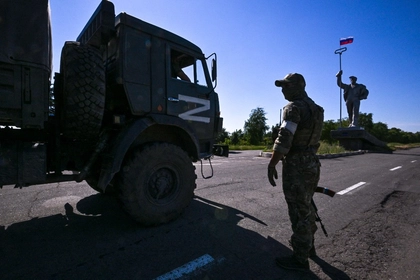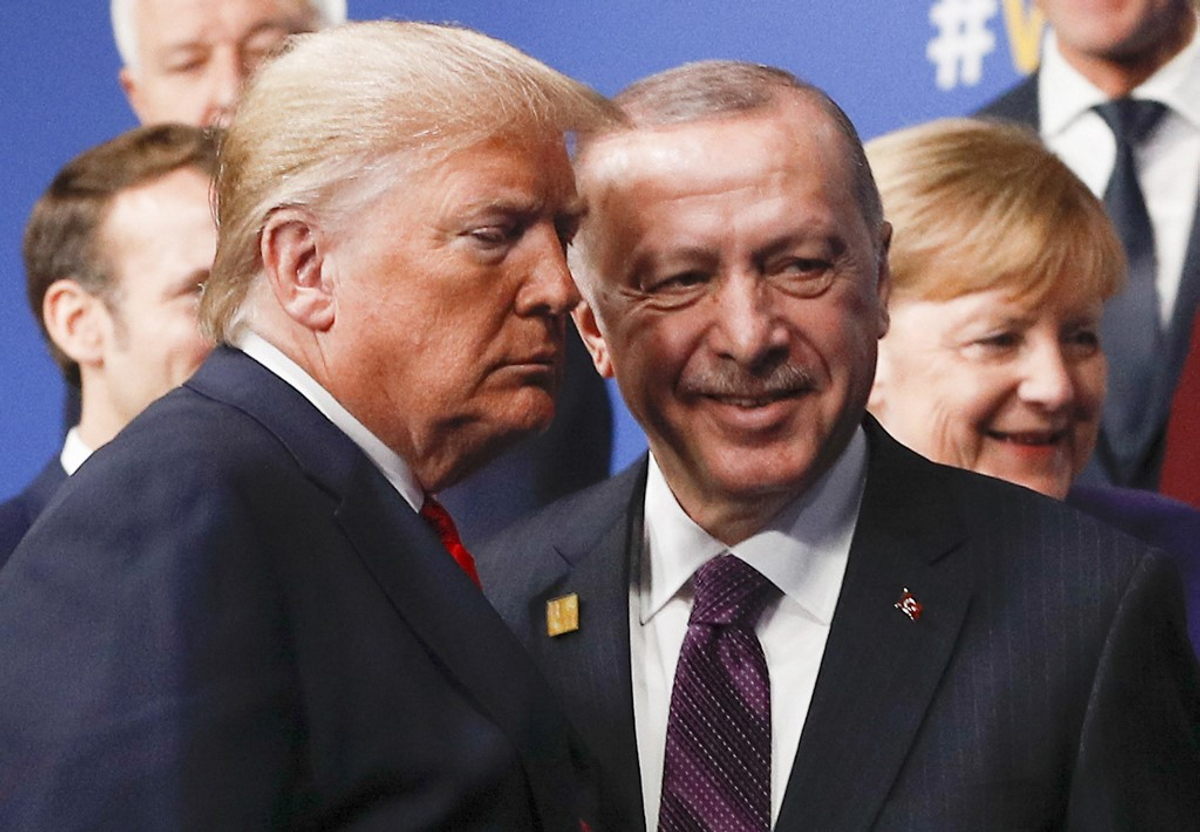Turkish President Recep Tayyip Erdoğan spoke with US President Donald Trump this week and discussed, among other things, cooperation on bringing an end to the War in Ukraine Turkish media reported Thursday, May 8.
Hurriyet news reported that Trump asked Erdoğan to help mediate between Russia and Ukraine in a phone call held on Tuesday.
Follow our coverage of the war on the @Kyivpost_official.
This comes as the US President and his team are expressing increasingly public frustrations over an impasse in ending the war.
Turkey has played a delicate balancing act as a large NATO member sharing a maritime border in the Black Sea with both Ukraine and Russia.
In addition to their regional proximity, the Turkish leader met with Ukrainian President Volodymyr Zelensky as recently as February in Ankara, and with Putin last year in July in Astana, making Erdoğan one of a handful of leaders to maintain relations with both leaders.
In February 2022, Turkey closed the Bosporus and Dardanelles strait to Russian warships under the 1936 Montreax Convention, which gives Turkey the right to close the straits to all warships in times of war. This closure of the straits has helped Ukraine to deplete Russia’s Black Sea Fleet with missile and drone attacks without the risk of Russia reinforcing its naval presence in the Black Sea.
Turkey also helped to negotiate the Black Sea Grain Initiative in 2022 to open up grain shipments in the Black Sea, forestalling an increase in gran prices and hunger in countries like Somalia, Kenya and even Egypt dependent on Ukrainian and Russian shipments. This deal was later violated by Moscow, and then obviated by Ukraine’s ability to strike Russia’s Black Sea Fleet and deny Russia sea control, reopening the lanes for grain shipment in the absence of an extended agreement.

Other Topics of Interest
Ukraine’s Allies to Create Special Tribunal for Russian Leadership – EU’s Top Diplomat
The discussion surrounding the creation of a special tribunal has been ongoing for some time, but the exact date of its creation, as well as its legality, remains unclear.
In February, Turkey signaled its openness to deploying peacekeepers to Ukraine.
Turkey has become more assertive in the region in moves that provoke Moscow by supporting both the Hay’at Tahrir al-Sham (HTS) faction in Syria which displaced the Putin-allied leader Bashar Al Assad in Syria and by equipping and supporting Azerbaijani militarism in its territorial dispute with Armenia in Nagorno-Karabakh.
Sinan Ciddi, an expert on Turkish politics, wrote in a report published Monday:
“By elevating its role in the Russia-Ukraine peace talks, Turkey may be trying to pressure the EU into making concessions, such as visa liberalization and expanding customs agreements. Alternatively, Ankara may be exploiting growing European fears of a diminished US security presence, hoping to position itself as a key geopolitical player.”
